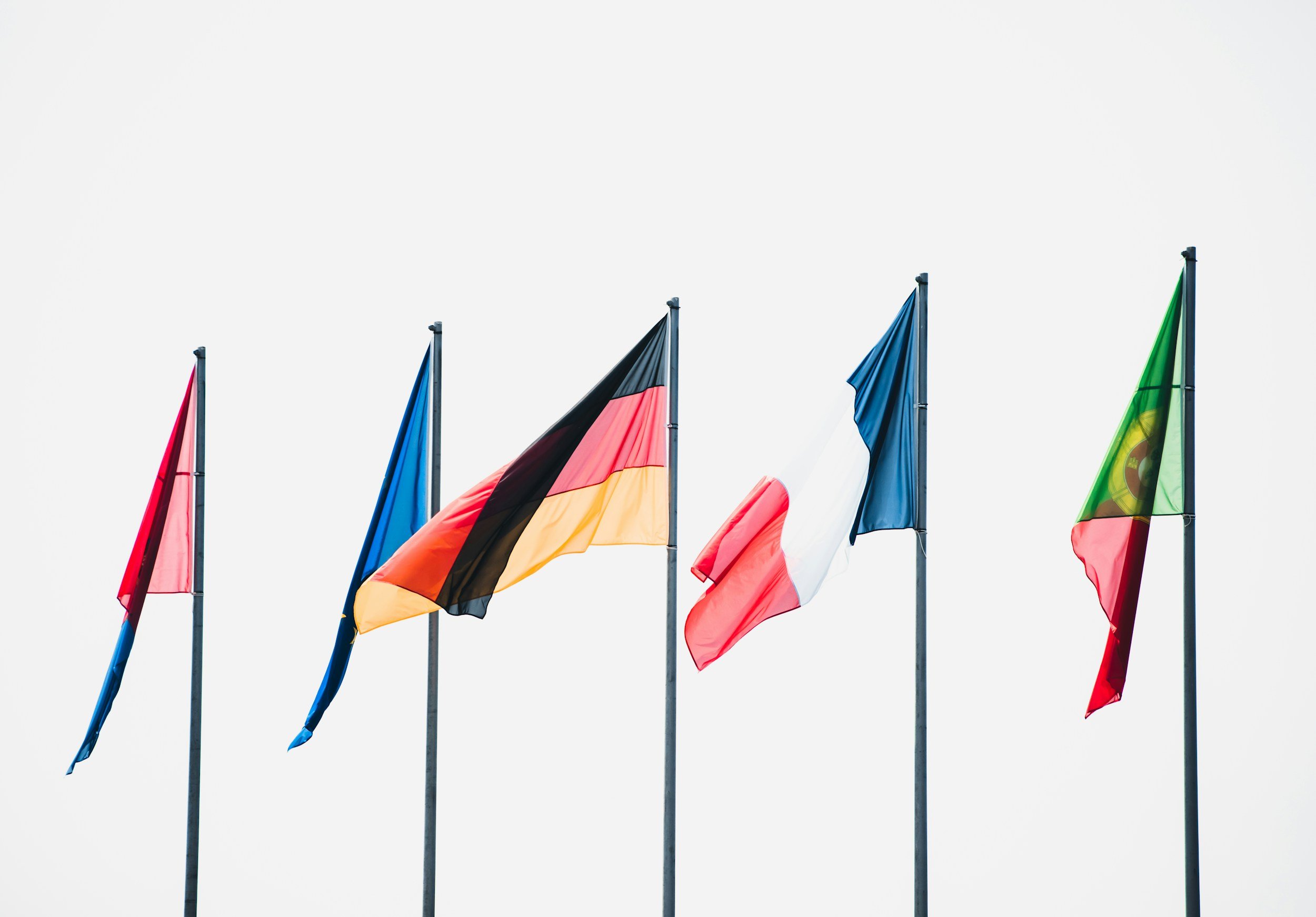U.S. Probes Singapore's Role in Nvidia Chip Sales to China Amid Export Control Concerns
Image Credit: Jisun Han | Splash
Recent reports have raised concerns about Singapore's potential involvement in facilitating the transfer of Nvidia's advanced graphics processing units (GPUs) to China, potentially circumventing U.S. export controls designed to limit China's access to high-performance computing technology for artificial intelligence development. These allegations have prompted investigations and discussions about the effectiveness of current export restrictions and the global dynamics of AI advancement.
[Read More: DeepSeek’s 10x AI Efficiency: What’s the Real Story?]
Background on U.S. Export Controls
In October 2022, the U.S. Department of Commerce's Bureau of Industry and Security (BIS) announced new export controls aimed at limiting China's ability to obtain advanced computing technologies, including high-performance AI chips such as Nvidia's A100 and H100 models. The export controls were designed to restrict China's capability to develop supercomputers and advanced AI systems that could be utilized for military purposes, aligning with U.S. national security and foreign policy interests. In response to the export restrictions, Nvidia developed modified versions of its chips, namely the A800 and H800, designed to comply with U.S. export control regulations while serving the Chinese market.
[Read More: Semiconductor Showdown: How Taiwan’s Chips Shape the AI Race and Geopolitics]
Singapore's Alleged Involvement
On February 1, 2025, a recent report by Reuters indicated that the U.S. Commerce Department is investigating whether the Chinese AI company DeepSeek used intermediaries in Singapore to acquire advanced Nvidia chips, potentially circumventing U.S. export controls. On January 29, 2025, an Nvidia spokesperson stated, 'The revenue associated with Singapore does not indicate diversion to China. Our public filings report ‘bill to’ locations, not ‘ship to’ locations of our customers'. However, the U.S. government continues to express concerns about the effectiveness of export restrictions, particularly regarding potential loopholes that may allow restricted technologies to reach China through third countries like Singapore.
China's AI Advancements Despite Restrictions
Despite U.S. export controls, Chinese AI firms have made significant strides. Notably, DeepSeek, a Chinese AI startup, developed an advanced AI model using approximately 2,000 of Nvidia's H800 chips, which were designed to comply with U.S. export regulations. This achievement underscores the limitations of current export controls in hindering China's AI progress.
[Read More: EU Blocks Chinese AI App DeepSeek Over GDPR Compliance Concerns]
Debate Over U.S. Export Controls: Effectiveness vs. Consequences
Industry experts offer diverse viewpoints on the situation. Some argue that the effectiveness of U.S. export controls is undermined by global supply chain complexities and the rapid pace of technological innovation. For instance, a report from the Center for Strategic and International Studies (CSIS), released in November 2024, highlights concerns that export controls might weaken U.S. technological leadership by incentivizing China to develop its own semiconductor supply chain. The report suggests that a more collaborative international approach may be necessary to manage the dissemination of critical technologies.
However, others emphasize the importance of stringent enforcement to maintain national security and technological leadership. For example, a commentary by Ashley Lin and Lennart Heim, published on February 5, 2025, discusses how entities like DeepSeek have exploited gaps in current export controls, underscoring the need for stricter and more intelligent enforcement to preserve U.S. advantages in critical technologies.
Nvidia’s Adaptation to U.S. Export Controls
Following the introduction of U.S. export controls on A100 and A800 GPUs in October 2022, the Bureau of Industry and Security (BIS) expanded these restrictions in October 2023 to further close loopholes and prevent the sale of these advanced chips to Chinese entities.
In July 2024, Nvidia approved Samsung’s HBM3 chips for use in the H20 processor to ensure compliance with existing U.S. regulations while maintaining its presence in the Chinese market. Later, in December 2024, the U.S. government further tightened controls by restricting the export of high-bandwidth memory (HBM) technologies, a crucial component in AI computing, in an effort to limit China’s access to advanced AI capabilities. However, these restrictions applied to standalone HBM units and did not encompass chips like the H20, which have HBM permanently affixed.
[Read More: DeepSeek AI Banned in Multiple Countries Over Data Privacy & Security Concerns]
Global GPU Export Cap
In January 2025, the U.S. introduced a global GPU export cap, classifying countries into three tiers based on their level of access to advanced AI chips.
Tier 1: Trusted U.S. Allies (No Restrictions)
Countries in this tier are considered strategic partners and face no restrictions on GPU imports.
Included countries:
Australia, Belgium, Canada, Denmark, Finland, France, Germany, Ireland, Italy, Japan, the Netherlands, New Zealand, Norway, Republic of Korea, Spain, Sweden, Taiwan, United Kingdom.
Tier 2: Limited Access (Capped GPU Imports)
Countries in this tier face a national cap of 50,000 advanced GPUs through 2027. Orders below approximately 1,700 GPUs do not require licenses, and some entities may qualify for exemptions as "Verified End Users".
Examples of Tier 2 countries:
Nations not in Tier 1 or Tier 3, including parts of Eastern Europe, the Middle East, Mexico, and Latin America. Potentially includes: India, Brazil, Mexico, UAE, Malaysia, Thailand, South Africa, Turkey.
Tier 3: High-Risk Nations (Total Restriction)
Countries in this tier are completely prohibited from receiving advanced AI chips due to national security concerns. Restrictions also apply to AI model weights, preventing access to critical machine learning parameters.
Included countries:
China (including Hong Kong and Macau), Russia, Iran, North Korea.
[Read More: Biden Administration's AI Initiatives: A Comprehensive Overview]
Source: BIS, AI Business, Reuters, The Straits Times, The Guardian, CSIS, The Wire China, Covington, Trend Force, Fenwick













